Around your home
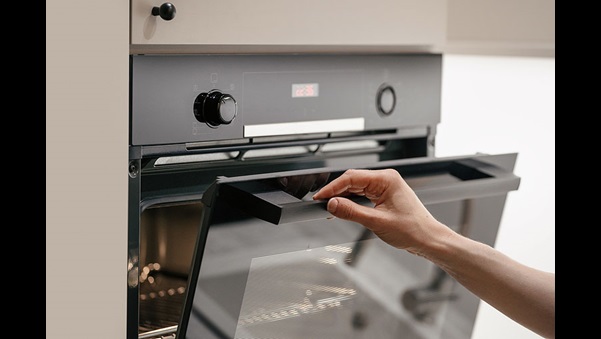
Use appliances at different times in the day
During the summer, use your oven, stove, dishwasher, dryer, washing machine and other heat-producing appliances early in the morning or later in the evening, when temperatures are cooler.
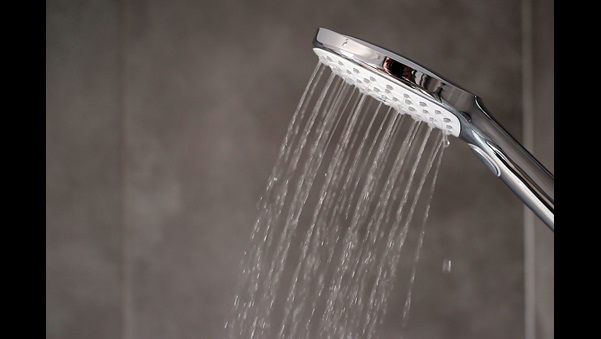

Curtains and blinds
Curtains or blinds can act as additional insulation for windows or can be opened to let in the sun’s heat.
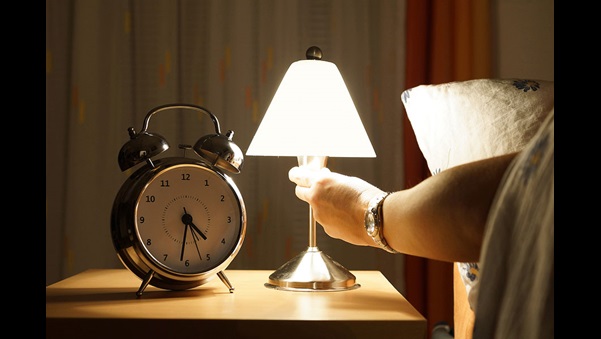
Turn off lights
When you're not using lights and appliances, turn them off or unplug them if possible. Install light-sensitive controls or timers to automatically turn them off when they're not needed.
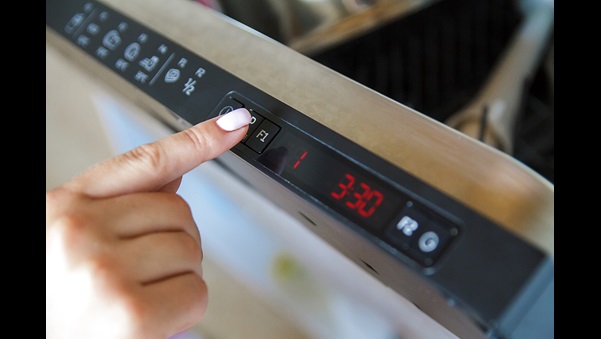
Shift to off-peak hours
Start or program your dishwasher, washing machine or clothes dryer to run and finish before 5 p.m. or start after 8 p.m., Monday through Friday. You can save even more during the summer if you schedule household chores to finish before noon on weekdays or anytime on the weekends. From June 1 to September 30, midnight to noon and all hours on weekends are at the lowest off-peak rate.
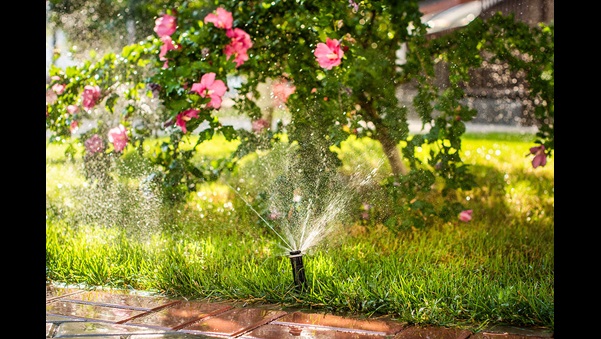
Water strategy
Be water smart. Water your lawn and gardens before 10 a.m. or after 10 p.m. to ensure your plants get the most of the water by minimizing evaporation.

Shop smart
Shop smart, ship smart. Consolidate your online purchases to reduce packaging and the number of shipments.
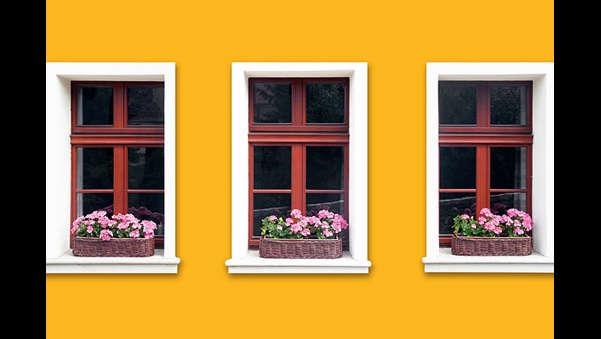
Air leaks
Seal air leaks. In most homes, if you add up the air leaks, it is similar to leaving a window open. Sealing air leaks can save you up to 20% on your heating and cooling costs. Weatherstrip windows and doors and seal cracks with caulk.
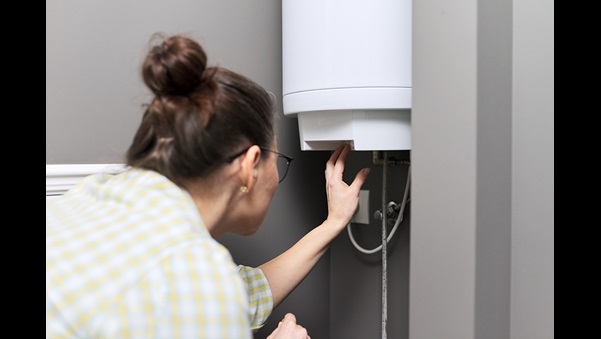
Water heater temperature
Reduce your water heater temperature. You can save up to 22% of energy spent on water heating annually by lowering the temperature of your water heater. On average, try to keep it at 120°F. Check the manual for safety instructions before making adjustments.
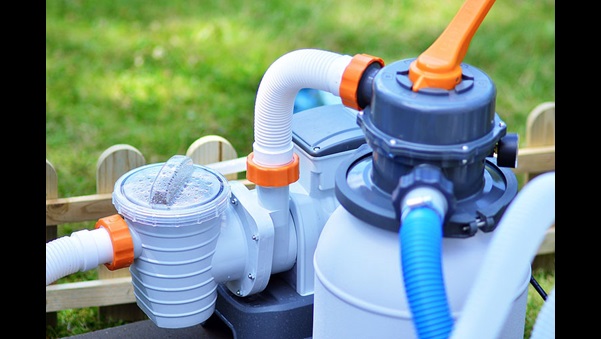
Pool and spa pumps
Adjust your pool and spa pump runtime. Many pool and spa pumps are set to filter the volume two or more times per day, which is more than necessary. The proper run time depends on the season, the size of the pool or spa, and how much it is used, but a standard pump should typically run for no more than 6 hours during summer days. Variable-speed pumps use significantly less energy and should run for a longer period at a low speed. For added savings, schedule your pump to run sometime between midnight and noon during the summer.



